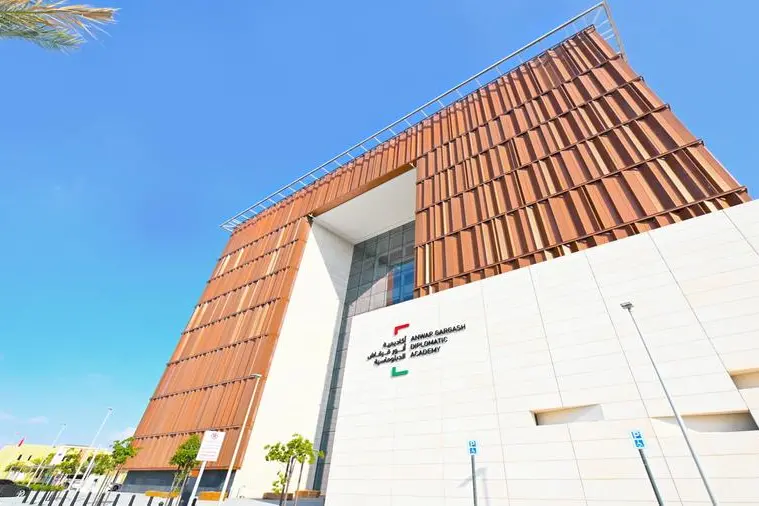On 9-14 September 2022, the African Union Commission (AUC) held a high-level workshop to review its post-conflict reconstruction and development (PCRD) framework. The workshop took place in Accra, Ghana and brought together 30 African specialists on PCRD from various AU organs, regional economic communities and civil society.
The objectives of the workshop was to review the existing AU PCRD Framework, which was adopted in Banjul, The Gambia in 2006; evaluate the effectiveness of the framework, and develop reforms to the framework.
Participants in the workshop shared experiences relating to issues of reconstruction and development in various regions on the continent, such as the Lake Chad Basin and Sudan. Following the experience sharing, the workshop dealt with the texts of the existing five pillars of the framework, adding to and enhancing the text of the framework. The process of reviewing the five pillars included presentations from experts in the five areas of security; socio-economic reconstruction and development; political governance and transition; human rights, justice and reconciliation; and women and gender. The presentations were followed by discussion on the existing text and the proposed new texts.
The workshop also contemplated two additional pillars to be added to the AU PCRD policy, namely a pillar on youth, and a pillar on climate and environment security. Issues surrounding youth and the impact that environmental factors have in pre, during and post conflict situations are important considerations in any rebuilding phase, and the AU PCRD policy should thus consider expanding to include these two elements.
ACCORD is a partner on the Training for Peace (TfP) programme, which aims to provide assistance to the AU, by providing knowledge and understanding of evolving conflicts and the security environment in Africa. Attending engagements such as these enhance the organisation’s understanding of post-conflict situations and the efforts needed to rebuild societies after conflict.








